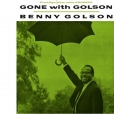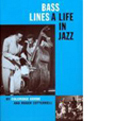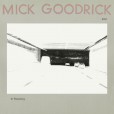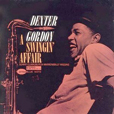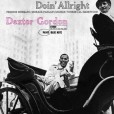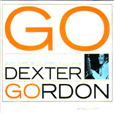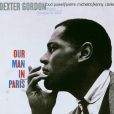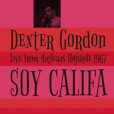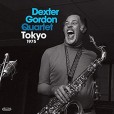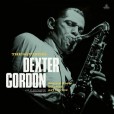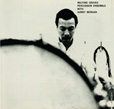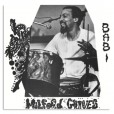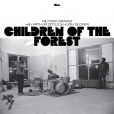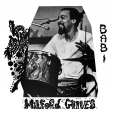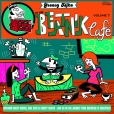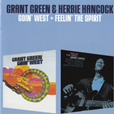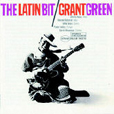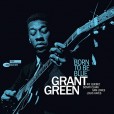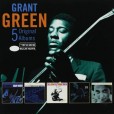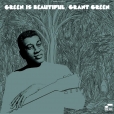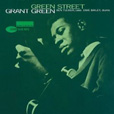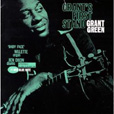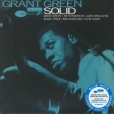Your basket is empty

Highly recommended memoirs of the longtime Ladbroke Grove resident — sixty years — and Harriott associate, revealing his huge contribution to the British jazz scene.
Kicks off with the rollicking samba Soy Califa; then a ravishing, bittersweet ballad.
Key Dexter.
Recorded the same week as Go!, with the same crew, including Sonny Clark on top form throughout.
Don’t miss Don’t Explain.
In the Blue Note 80 Vinyl series.
‘Classic Vinyl’ series.
A performance for Danish TV, never released on vinyl until now, with Kenny Drew, Niels-Henning Ørsted Petersen and Albert Heath. The title track is storming Afro-Cuban jazz (from the unmissable Blue Note LP A Swingin’ Affair).
‘Dexter’s playing was often pure genius regardless of the circumstances, but when he had that magic combination of players behind him, everything was possible. This Tokyo appearance is the last known recording of the Drew-Ørsted Pedersen-Heath rhythm section’ (Michael Cuscuna).
This is ace. A meeting of Balkan folk and jazz, from 1966, with Mal Waldron and Nathan Davis. Very warmly recommended.
‘The long-awaited first reissue of one of the most legendary albums in the history of free music. Recorded live in concert in 1976, when Graves’ trio with saxophonists Arthur Doyle and Hugh Glover was at the height of its powers, Bäbi is a testament to the absolutely unique approach the drummer had established for himself. He had reconfigured the drum kit, removing the second heads on all the drums and replacing the snare with two toms, which allowed him a much more nuanced sense of indirectness in his multi-directional adventures in time. The track Ba remains one of the most astonishing feats of percussion alchemy ever waxed, as funky as ten slap bassists and as free as an exploding grenade. Doyle and Glover are incendiary, too, inspired by Graves to new and shocking heights of achievement, their hoarse cries and whistling split-tones carried to thrilling plateaus on the energy of Graves’ hands and feet.
‘In 2017, Graves discovered a previously unknown tape in his archives featuring the same trio at its inception, in home recordings made seven years earlier in 1969. Graves pummels a huge gong while Glover plays an instrument that, after sounding like none ever known, turns out to be bass clarinet. Extreme music recorded up close and very hot, it is among the most searing sessions never heard. Until now.’
Milford Graves with Arthur Doyle and Hugh Glover, in the weeks leading up to their March 1976 recording of Bäbi.
Graves recorded these sessions himself in his legendary Queens basement laboratory and workshop. Outstandingly, the first two sides feature Graves on drums alongside Glover on klaxon and a Haitian one-note trumpet called a vaccine — “it’s important to keep that tribal possession-state feel… as in the Divine Horsemen of Haiti,” he says in the sleevenotes — and especially riveting, scorching tenor playing by Doyle, even by his own standards.
From 1963 — with Wendell Marshall (bass), Willie Bobo (drums), Johnny Acea (piano), Carlos ‘Patato’ Valdes (congas), Gavin Masseaux (chekere); and on the last two Ike Quebec and Sonny Clark.
‘Best of all his Blue Notes… Quebec is on cracking form here, and his pitch and phrasing on Someday My Prince Will Come should be a lesson to all young jazz players. Green has, for us, his finest hour, ripping though My One And Only Love and If I Should Lose You with a ruggedness of emotion that goes hand and hand with the simplicity of diction. Not a single note is wasted’ (The Penguin Guide To Jazz).
Idle Moments, Street Of Dreams, The Latin Bit, Grant’s First Stand, I Want To Hold Your Hand.
A mid-seventies pressing: dark blue labels, black ‘b’; VAN GELDER in the run-offs.
‘Classic Vinyl Series.’
The new LP is in the ‘Blue Note Classic Vinyl’ series.
‘Classic vinyl series.’
